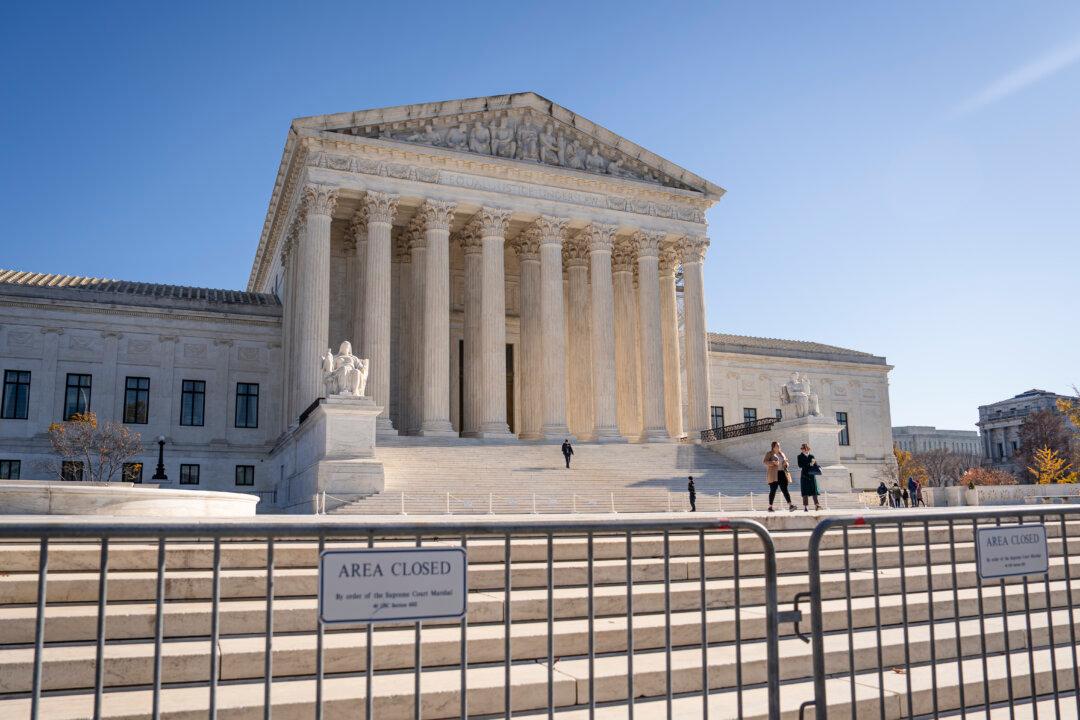The U.S. Supreme Court decided on Dec. 13 to examine whether a Wisconsin Catholic charity’s work is tied closely enough to religion to allow it to be exempt from paying unemployment tax.
The court granted the petition in Catholic Charities Bureau v. Wisconsin Labor and Industry Review Commission in an unsigned order. The court did not explain its decision. No justices dissented from the ruling.





